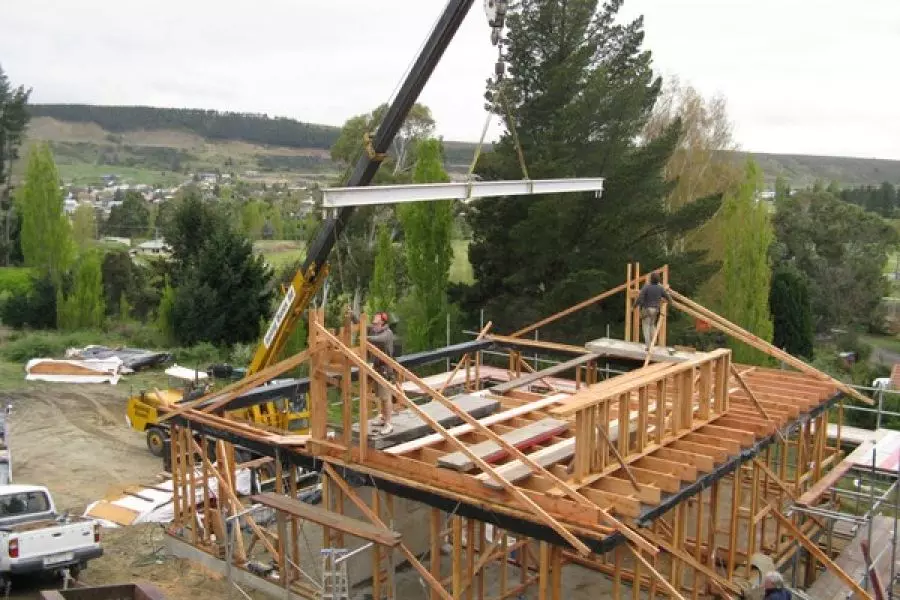News
Slowing consent trend a concern

Thursday 19th of January 2017
Statistics New Zealand has just released its latest consent data and it shows that the number of new dwellings consented nationally was 2,973 in November 2016.
This was a 5% increase on November 2015 and an 11 year high.
However, once seasonally adjusted, the number of new consents fell by 9.2% as compared to October 2016.
Further, Statistics New Zealand noted that the t...
Want to read the full article?
Click the button below to subscribe and will have unlimited access to full article and all other articles on the site.






![[The Wrap] Bye Bye Bayly](https://goodreturns.publit.io/file/c_fill,w_900,h_600/39f23ac1-f7c7-4854-b700-a150004ebbac.webp)


